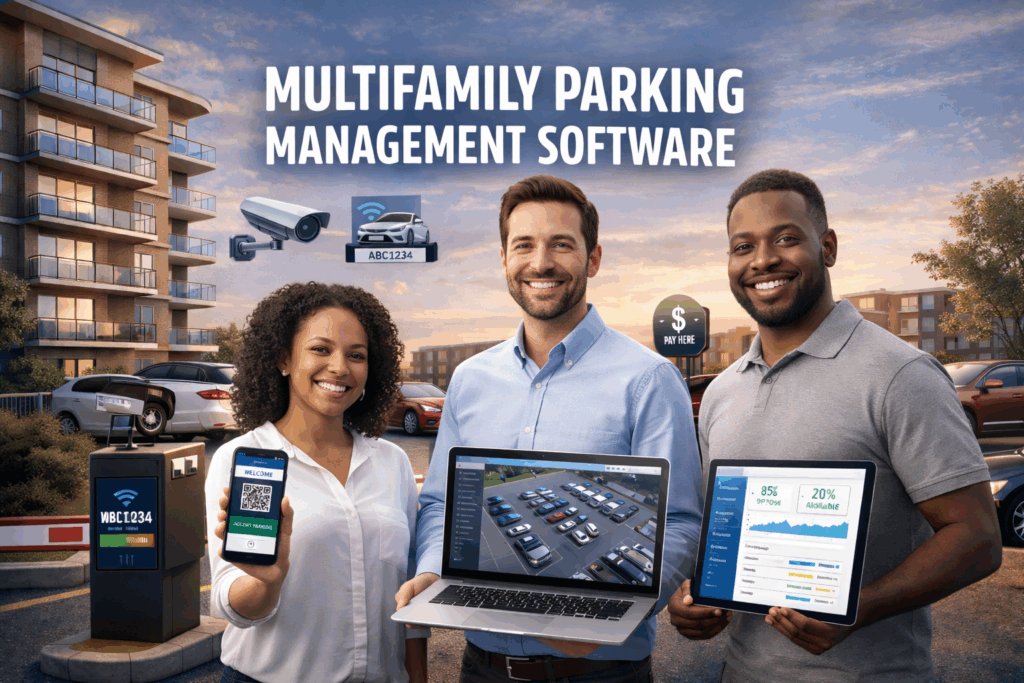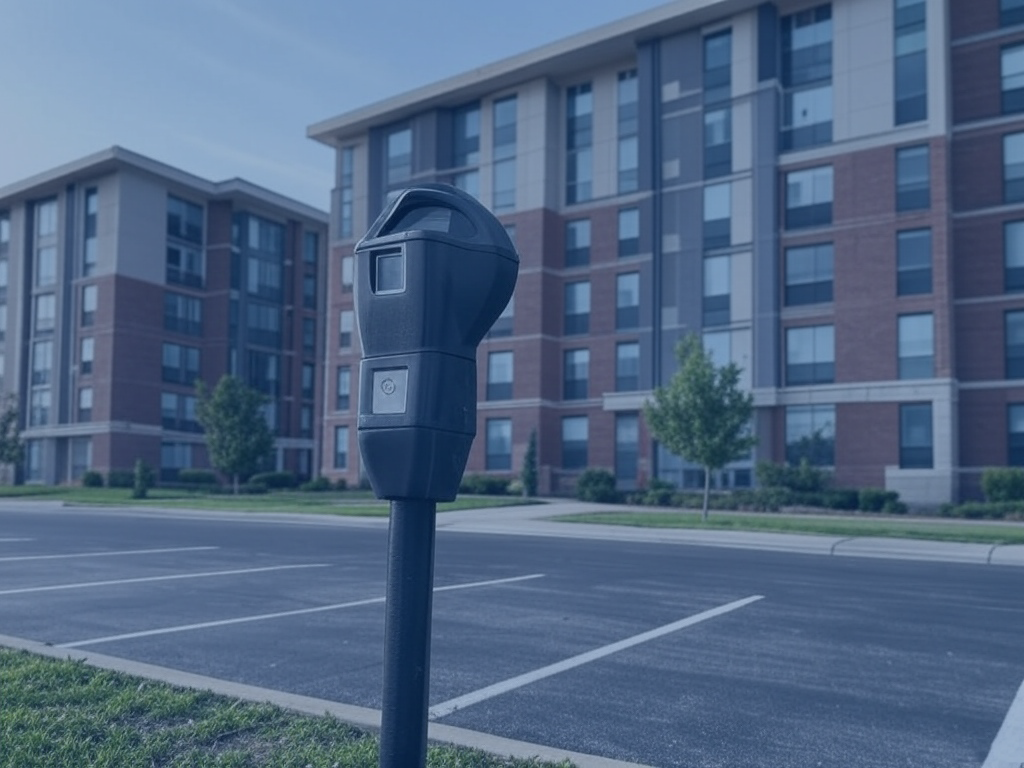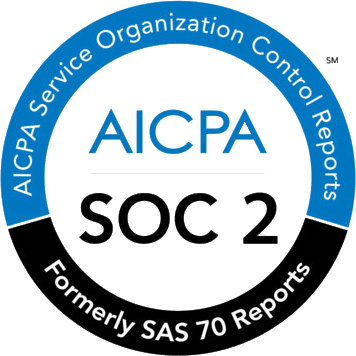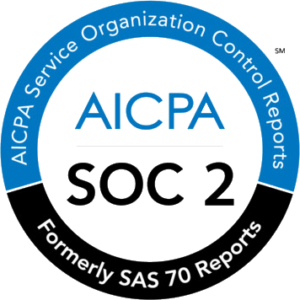For a long time, free parking at work was a right of passage for many employees. Over the last few years, there has been a marked change in this. Increasingly, employers are charging employees to park at work.
In this blog, we will have a quick look at why companies are doing this and whether it would work for your business.
Table of Contents
ToggleEnvironmental Concerns of Employee Parking
The most effective way to reduce the amount of people driving to work is to charge for parking.
Companies are starting to realise this which is bad news for free employee parking. Even a nominal daily fee of $5 will dramatically reduce car park usage.
Many businesses, who want to avoid being label as cash hungry by employees are using to new revenue to fund CSR projects.
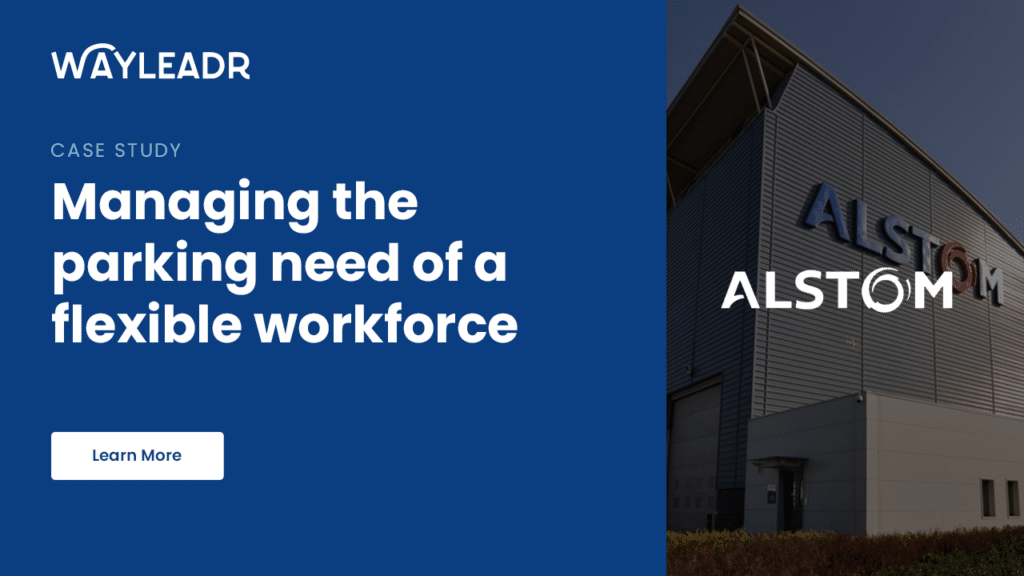
Not all employees are going to be happy with this approach. At the end of the day though most people realize that how we get to work needs to change. If they want the privilege of parking they are going to need to pay for it.
Facilitating New Motorists
Identifying sufficient space is a real challenge for many employers. A popular option for multi-tenant buildings is to leverage Wayleadr.com. The software allows them to share their space among employees depending on demand.
For example let’s imagine Tenant A has 50 spaces and Tenant B has 50 spaces. Every Friday is a work from home day for Tenant A, while Tenant B has their weekly in-person team meeting. Wayleadr.com monitors how many people from Tenant A need space and can redistribute the surplus to Tenant B.
Obviously, Tenant B pays Tenant A for the privilege of using their space. Some companies like to sort this at a B2B level. However, many companies pass the cost directly to their employees. In general employees are happy to pay. They understand that this is a new benefit and that there is a price for the convenience.
Offsetting Costs of Employee Parking
Parking is a massive expense for a lot of companies. A parking space in a major global city costs up to $3,000 a year to rent. This stacks up fast.
Some companies decide to offset this cost by passing it directly onto the employee. Does this work? Well the answer is that it depends on two things, the employee and the employer.
If your company has a very hierarchical approach to parking e.g. only senior management get a free space. The introduction of paid parking for junior members of staff could be seen as a massive positive. In essence, it is a new benefit for this cohort of staff.
Transform your employee commuting strategy
Discover how Wayleadr's parking solutions can improve your employee and visitor experience
Learn MoreA second thing to consider here is the culture of the employer.
There are a lot of low-frills employers out there. Their employees understand they have a culture of keeping costs super low. If an employee is expected to pay for their own stationary at work, they aren’t going to be surprised by the introduction of parking charges.
Tax Incentives for Employee Parking
Trying to keep abreast of the global tax implications of employee parking is a full-time job in itself. It is worth noting that in some countries and districts commuter subsidies exist.
This means that employees can claim back the cost of commuting against their tax. Many companies in these districts introduce employee parking charges. In essence all they are doing is passing on the cost of parking to the exchequer.
Ultimately, their employees don’t mind as they are not paying. At the end of the day, the cost is just reconciled against their tax in payroll.
Wayleadr is the world’s leading provider of automated employee parking payments software. Schedule your demo today and discover how to introduce employee parking payments in minutes.

